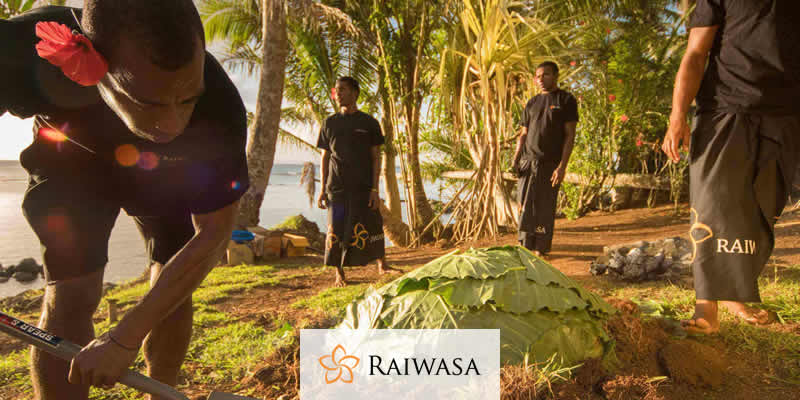
Traveling gives you a chance to explore the world by visiting new places and experiencing new sites and sceneries. If you have a traveling background, then you are likely to agree that part of what makes it a thrilling experience, is interacting with the locals at the tourist destination. Familiarizing yourself with the dialect of the local people will make this an even richer encounter for you.
Therefore, as you pack up and prepare for an adventurous trip to Fiji, you can spare some time to get a basic understanding of the Fijian language. This will enable you to communicate basic words and phrases in Fiji even as you continue to interact with the locals. Yes, English is an official language here and is widely spoken by the local people. Still, your efforts in trying to relate to them better will be highly appreciated.
Bula
It is easy to talk to the Fijian people due to their warm and welcoming nature. As soon as you step foot into the Fijian lands, you will be met with friendly faces and enthusiastic energies accompanied by the word “bula”. As you move from one place to the other, you will encounter this word more times than you can count throughout your stay in Fiji.
The word “bula” is a common yet special way to greet someone in the Fijian dialect. Pronounced as boo-lah, this is one of the most frequently used words in Fiji, making it a must-learn for someone looking to visit the place. When doing a direct translation to English, it translates to the word “life”. Hence, the greeting is a way of wishing someone more good life and health. The response for this would be to just say “bula” back while keeping to the same level of genuineness and enthusiasm.
The above only forms a part of the comprehensive greeting, “Na si bula vinaka”. This applies in more formal settings such as when greeting a high-status person such as a chief or member of parliament. It extends the former greeting by including the phrase “bula vinaka” which means “good life” in English and the words “na si” before that, to bring out respect. You can reply to this greeting by simply saying “bula” or “bula vinaka”. This salutation is, however, not necessary in casual everyday interactions, and sticking to a simple “bula” will be enough.
“Bula” is a universally used word in Fiji. Hence, during your stay in Fiji, you can apply it in instances where you would have used English phrases such as “How are you doing?”, “Enjoy your day”, and other well-meaning statements.
Other uses
The word “bula” varies in meaning and use depending on the situation and the people involved. It is, therefore, not unusual to find it being used in more instances other than that of a greeting. One of these would be when signifying blessings. That being said, it serves the same purpose as a “bless you” would when said to a person who has just sneezed.
It can also be used to bring out kindness and hospitality. It is for this reason that the word was adopted in the tourism campaign title, “Bula Spirit”. This was aimed at assuring tourists of a warm and welcoming stay at Fiji.
The word is also not unfamiliar to those hanging out and enjoying drinks at bars or other gatherings. Here, it is used to exclaim and make toasts.
Other Important Fiji Words to Learn
The mere knowledge of the word “bula” will get you through your stay in Fiji well enough. However, to blend in even further, it is best that you familiarize yourself with other basic Fijian words.
Vinaka
Simply put as “naka”, it is a word of appreciation used to thank someone having done something nice for you. It is the same as saying “thank you”. You can add to this by saying “Vinaka vaka levu” to mean “Thank you so much” if you want to express a lot of gratitude.
Moce
Pronounced as mothay, this word is used when saying “good-bye”.
Yadra
Bula is suitable for greetings at any time of the day. Nonetheless, to fit in better, use “yadra” when saying hello to someone in the morning.
Kerekere
Fijians are well cultured. Therefore, some courtesy will go a long way. Due to this, learning how to say “please” will be of great significance for your stay in Fiji.
Visoti Au
If you feel like you have rubbed someone the wrong way, you can use this phrase to say “I’m sorry” or “pardon me”.
Io and Sega
Pronounced as ee-ooh, “io” translates to a simple “yes” while “sega” is a “no”.
Conclusion:
The Fijian dialect is a great representation of the rich Fiji culture. As you have a good time in the Fiji luxury resorts and take in the spectacular tour destinations, be sure to take some time and interact with the Fiji locals for a wholesome experience. With knowledge of the above words and phrases, this should be easier for you.
Read more about Fijian culture at Your Cultural Guide For Fiji




















































































